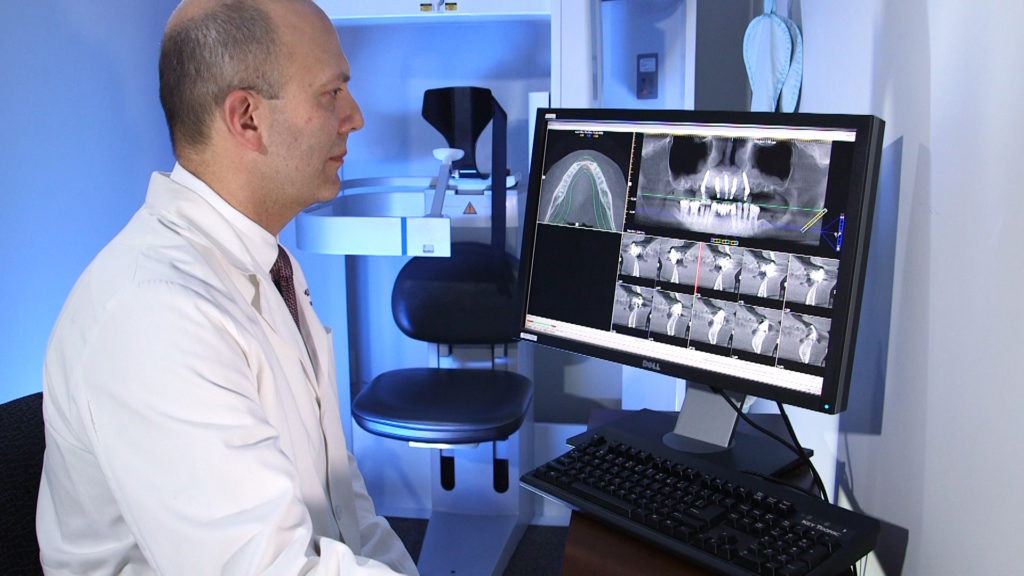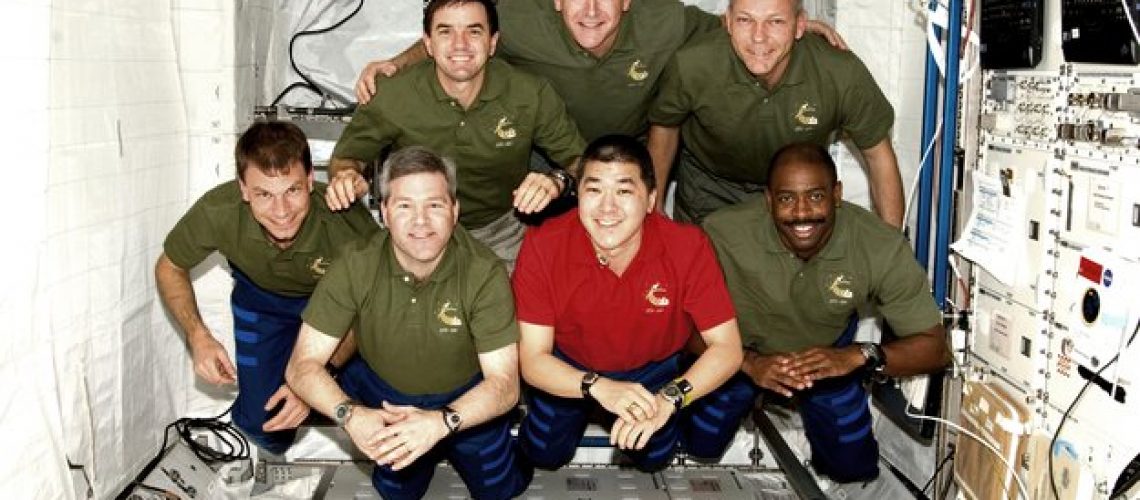Atlantis completed a short expedition to the International Space Station in 2008. Upon its return to earth, the space shuttle landed at the Kennedy Space Center. Six of the shuttle’s crew members were able to exit the spacecraft without aid. The astronauts then continued standing, walking, and posing for the press. But a seventh astronaut had landed with Atlantis. NASA engineer Daniel Tani was absent from most of the press videos.
Here's a guess why: Daniel Tani had spent a full 120 days in space, while his six crew members had only been on a 12 day mission. They had picked Tani up at the space station and brought him home. Living in zero gravity affects the human body in a lot of ways, and Tani had lived like that for four months.
Astronauts are usually carried out of the space craft after long space expeditions. They are rarely able to walk around like the crew of Atlantis. Instead, they are taken to a place where they can sit and rest. This is because of a condition called Spaceflight Osteopenia, or bone loss. For every month an astronaut spends in zero gravity, they will lose more than 1% of their bone mass.
Presumably, this is why Tani was absent from the press photos. He was likely unable to walk or stand with the ease of his crew members.

Tooth Loss and Bone Resorption
What does this have to do with teeth? If you've lost teeth, you're actually experiencing the same type of bone loss as astronauts. Human bones strengthen and thicken when they are put under stress. When stress is removed, like when an astronaut is living in zero gravity, the bone shrinks instead. The same thing happens in your mouth after you lose teeth. The roots of your teeth provided the stimulation to keep your jaw bones strong. Without the stimulation of your tooth roots, your jaw bones begin to shrink. In scientific terms, we call that bone resorption. Resorption begins to occur with the loss of only one or a few teeth, but it becomes more severe as you lose more teeth. The more time that passes without any stimulation, the more the bone will resorb. And dentures make the problem worse.The Problems with Bone Resorption
Dentures wear down the ridge of your jaw bone with pressure from your bite. This is why they begin to feel loose and less stable as time goes on. The supporting bone under your dentures has actually changed. To make up for the shrinking bone, many people have to use their tongue to stabilize the dentures. This can change the way you eat and talk. Bone resorption will also change the way you look. Imagine your face divided into thirds horizontally. One third is the space between your eyebrows and your hairline, one third is the space from the bottom of your nose to your eyebrows, and one third is the space from your chin to the bottom of your nose. When you have all your teeth and your original levels of bone, these sections of your face are all the same height. When you lose teeth and your jawbones shrink, the lowest third of your face will shrink. This will alter the proportions and symmetry of your face. In short, you want to avoid bone resorption if you can. When you're replacing your teeth with dental implants, Dr. Krakora will treat your bone resorption in a couple ways.


